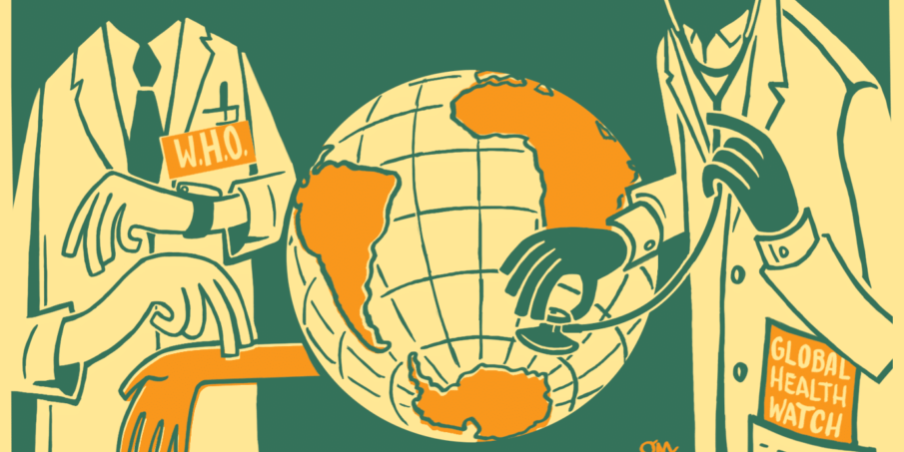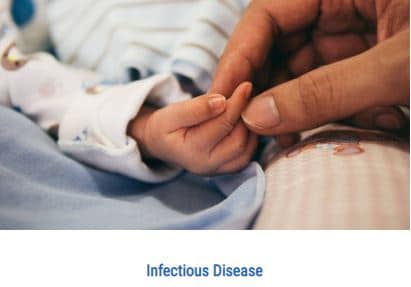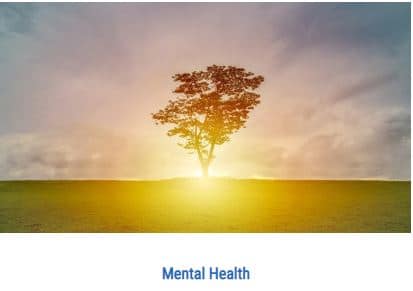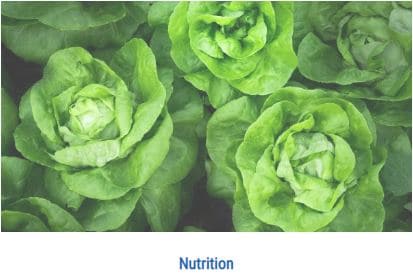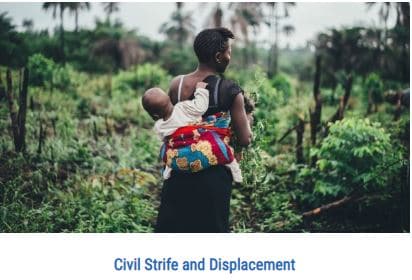Happy New Year!
Wishing you a happy and healthy 2020.
On the other side of the world, Australia is in national crisis as bushfires have been tearing through rural communities since September and don’t look to be stopping anytime soon.
At such a celebratory time of year, when we start thinking about resolutions for a new year (and new decade), learning that at least 25 people and 480 million animals have died with more than 2,000 homes destroyed from these fires, you can’t help wondering how we can help.
Experts agree that climate change explains the unprecedented nature of the current crisis so in view of this I’m suggesting a different kind of New Year’s “health” resolution this year – to put planetary health first in 2020 as a way of improving our personal health…
Never before has humanity’s footprint on Earth’s natural systems been so large. We are outstripping available resources from the only habitable planet we know. Since 1950, the human population has increased by nearly 200%; fossil fuel consumption by over 550%; and marine fish capture by over 350%. We’ve placed dams on about 60% of the world’s rivers, we’ve cleared nearly half of temperate and tropical forests, we use nearly half of accessible freshwater every year, and we appropriate about half of the planet’s liveable surface to feed ourselves.
Atmospheric carbon dioxide levels are rising at a record pace, with the current levels having increased by about 24% since the 1950s. 2016 was Earth’s warmest year on record, and 2018 was the warmest one for oceans, which have also become 30% more acidic since the Industrial Revolution. Pollinators, which are needed for plants and crops to grow, are disappearing worldwide. Biodiversity is rapidly being lost as an estimated 150 species become extinct each day, which is 1,000 times higher than the “natural” or “background” rate.
Our changing environment is affecting our health
Climate change, biodiversity loss, deforestation, and other factors affect where, when, and how intensely infectious diseases emerge.
Increased drought, declining pollinators, and extreme storms make it harder to grow food, and some crops are also becoming less nutritious because of atmospheric changes, making people more susceptible to malnutrition and disease.
Air pollution, whether from industrial emissions or smoke from fires, can lead to cardiorespiratory illnesses and other diseases.
Hurricanes and other major storms put people’s lives at risk.
And witnessing the degradation of our world can have severe consequences for our mental health.
The global call to action
Understanding and acting upon these challenges calls for global-scale collaboration to safeguard our health, which is why the Clinicians for Planetary Health initiative is mobilising clinicians and clinicians’ groups around the world.
The call is to for us to recognise the importance of protecting our health, and for our health authorities to act as globally-trusted sources of information spanning political and cultural divides “To educate patients that a suite of behaviour and lifestyle modifications can simultaneously improve their own health while helping to secure the health of the world’s least-resourced and future generations by protecting our planet’s natural systems.”
Patients and doctors alike should be thinking about climate health in conjunction with their personal health.
What we can do
We can all make lifestyle modifications that have health and environmental co-benefits. Things like:
- eating a plant-based and locally-sourced diet, including supporting local farmers’ markets and growing our own fruit and veg
- using active transport like cycling and walking
- getting involved in community-level actions like community gardens, litter picking, zero-waste refill schemes, etc.
- lobbying government to establish healthy, low-carbon energy systems, and for the protection of urban green spaces (where we can benefit from the healing effect of being in Nature)
Where to start
- Check out your nearest local farmers’ market to buy your fruit and veg. Our Events calendar gives you the dates for those taking place in Newport Pagnell, Stony Stratford and Wolverton.
- Grow your own food – Find your nearest community garden to grow with your neighbours or simply to learn how. And join Planting Up to support our “Planting Up MK” initiative to put more wildlife-friendly community gardens on the Milton Keynes map.
- Join the network of volunteers at Transition Town Milton Keynes (TTMK) to get involved in local community projects and “green” events like Climate Change Cafes near you.
- Look after your own mental wellbeing by doing #OneADayMK of the “5 Ways to Wellbeing” and tell people about your personal acts of giving, learning, keeping active, connecting and taking notice of the small things to help spread these ingredients to living a happier and more fulfilled life.
- Network with fellow cyclists at the MK Cycling Forum or contact Cycle Saviours to help you get a bike up and running
- Check how your area measures up on this Friends of the Earth analysis about how areas of the country perform on key issues impacting the climate to be guided on what you can help do close to home.
- Contribute to MK residents’ feedback to the Task and Finish Group at MK Council with your thoughts on climate change for how our local climate policies should be informed by completing the Community Action Climate Change questionnaire.


